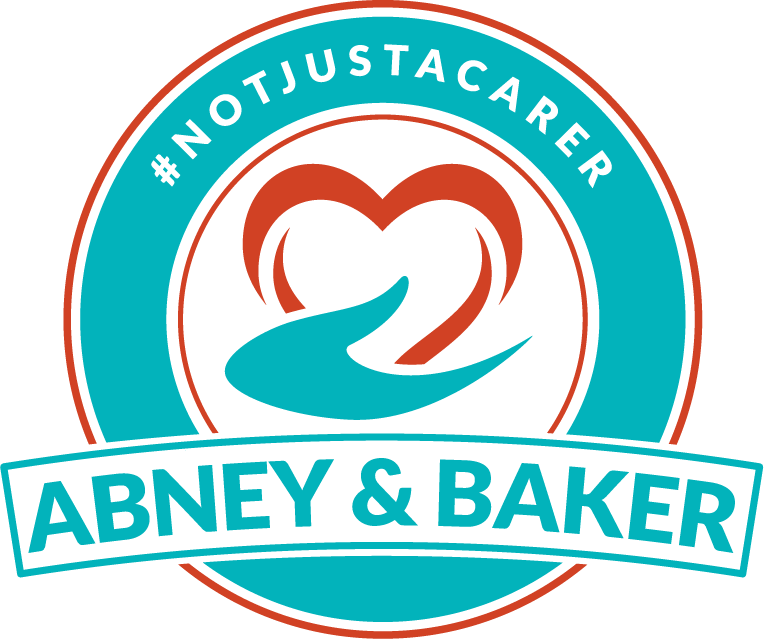Whilst most of us are helping and supporting each other during this time, there are unfortunately a minority who are looking to profit and take advantage from the COVID-19 outbreak.
Download your Guide to Care at Home to discover how, with a little support, you can continue to live happily and safely at home.
It is important to be aware of the types of scams out there, what to look out for and ways you can keep yourself safe. Which? have pulled together a really useful article to keep you fully informed.
Below are some of the key types of scams Which? advice you to keep an eye out for, particularly at the moment:
Coronavirus email and text phishing scams
Phishing emails and SMS/text messages (known as ‘smishing’) are already being sent out to trick you into giving up log in details or encouraging you to click on links which then send viruses onto your computer or phone. They can appear to be from reliable sources such as the World Health Organization or the US Centers for Disease Control so do be extra careful.
Some of the latest email and text scams to be aware of include:
Fake lockdown fines: People have been contacted via text, claiming to be from the Government, to say they have been fined for stepping outside during the lockdown.
HMRC goodwill payment: People have been receiving fake messages designed to capture your account details. It states that ‘As part of the NHS promise to battle the COV-19 virus, HMRC has issued a payment of £258 as a goodwill payment.’
WhatsApp request: A recent scam, that could grant hackers full access to your WhatsApp messages, photos and videos, involves someone registering your WhatsApp on a different device using your telephone number. When a verification code is then sent to you, the hacker will message to try and coax you into forwarding the code on to them. They may then target
your contacts with requests for money.
Conspiracy theories and misinformation
Which? have also seen other emails that are full of doom-laden warnings. The emails are full of links which are likely to lead to either sites that will ask for your log in details or sites than can infect your computer.
Take a look at the Which? guide on how to spot a phishing scam for more information.
Be wary of calls and visitors to your home
People are being warned to expect an increase in scam calls. Often, they will claim to be authority figures, such as the police, HMRC or your bank. Usually they would request sensitive account log in information or your pin code or request to transfer money. There is also likely to be an increase in scams around subscription accounts, such as Amazon Prime, claiming your account has been hacked and asking for your details to sort the issue.
Do not allow anyone in your home unless you know them, Which? have heard of people knocking on doors offering to take people’s temperature and thereby gaining access to the house.
Scams selling sought after items
Other scams include people claiming to sell you in demand items like protective face masks and hand sanitiser. Other misinformation is harder to spot: social media is rife with people claiming to have reports from the front line, from a friend, a cousin, a sister or similar at an unnamed hospital, for example, which others then pass on in good faith. Or you’ll see threads from people saying they’re scientists posting information that looks plausible but isn’t always correct.
So, what can you do to protect yourself against scams and misinformation?
Which? outline the key things to watch out for in emails and other messages to help keep you safe:
Unsolicited emails and texts: be careful of anything you weren’t expecting that claims to be from an organisation such as a bank, BT, Sky, PayPal, Microsoft, the BBC and other large, trusted organisations. And at the moment, particularly watch out for unsolicited emails claiming to come from health bodies such as the NHS, the WHO and the CDC.
An urgent tone: phishing and smishing messages are designed to scare you into clicking on their links.
Grammar and spelling: phishing emails can be clumsily written and have typos such as no spaces after commas.
No name: legitimate emails from services you have accounts with will always address you by name. Phishing emails and smishing texts usually start with ‘Dear Sir’ or ‘Dear Customer’.
Fake domains: scammers often set up website addresses that look legitimate in order to trick you.
When it comes to claims circulating via social media, there are a couple of things you can check. Snopes is the original fact-checking website: if it’s not true, Snopes has probably written it up. Other fact-checking websites are also worth keeping an eye on: Full Fact is a British website that can be trusted, while Channel 4 News has its own FactCheck website.
Above all, make sure your computer, mobile phone and tablet are up to date, and for Windows, Macs and Android devices, you should install antivirus software and keep that up to date, too.
If you think you’ve been scammed, report what has happened to Action Fraud, the UK’s national centre for reporting fraud and cybercrime.
For the latest news and advice on protecting yourself and your loves ones including how to shop safely go to the Which Coronavirus Hub.
Helping you to continue living independently and confidently in your own home.
By providing a range of support at home, we’re helping many clients across Bath & North East Somerset and West Wiltshire retain their independence and stay in control in the comfort of their own homes.
Remember we’re always here if you want to chat about your care options. Just get in touch:
Call 0333 043 4880 or email enquiries@abneyandbaker.com


